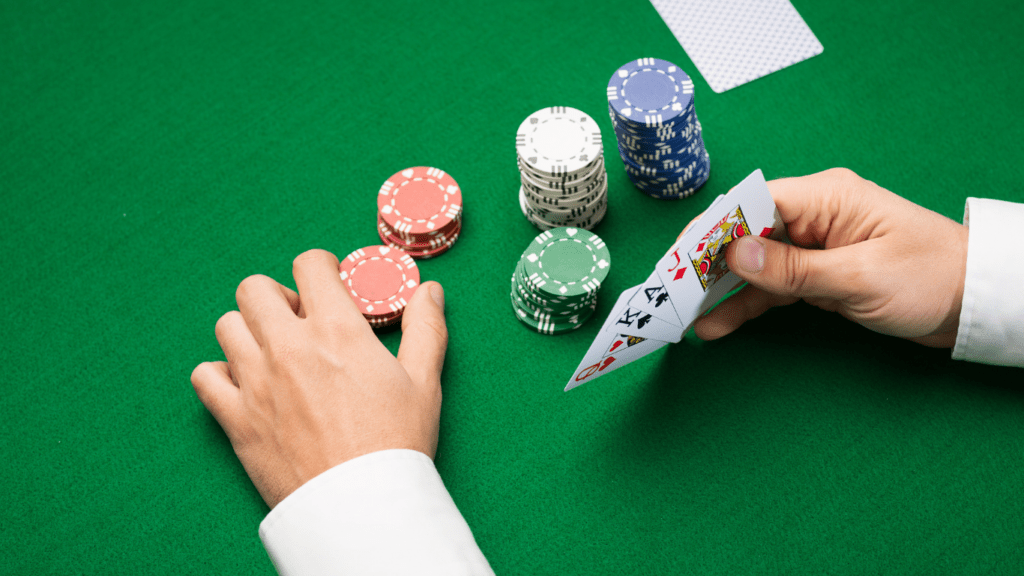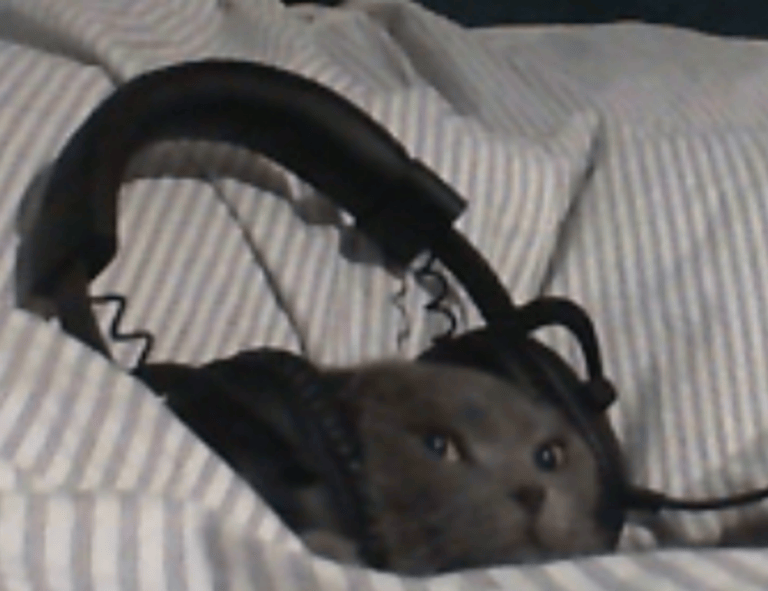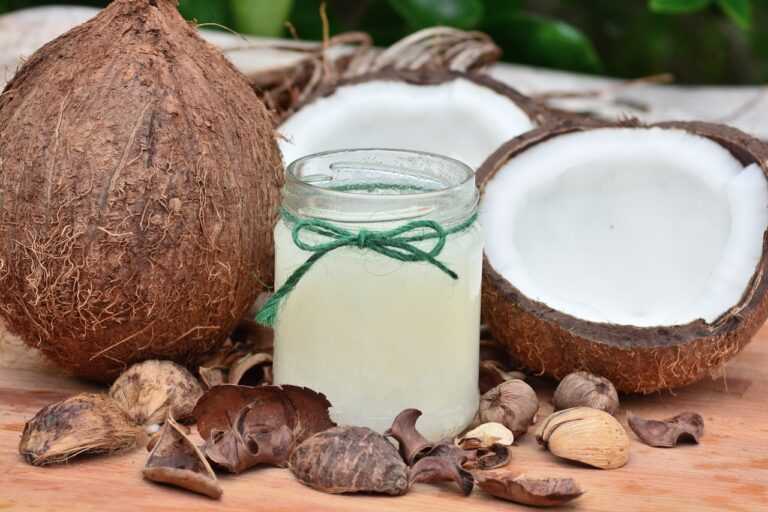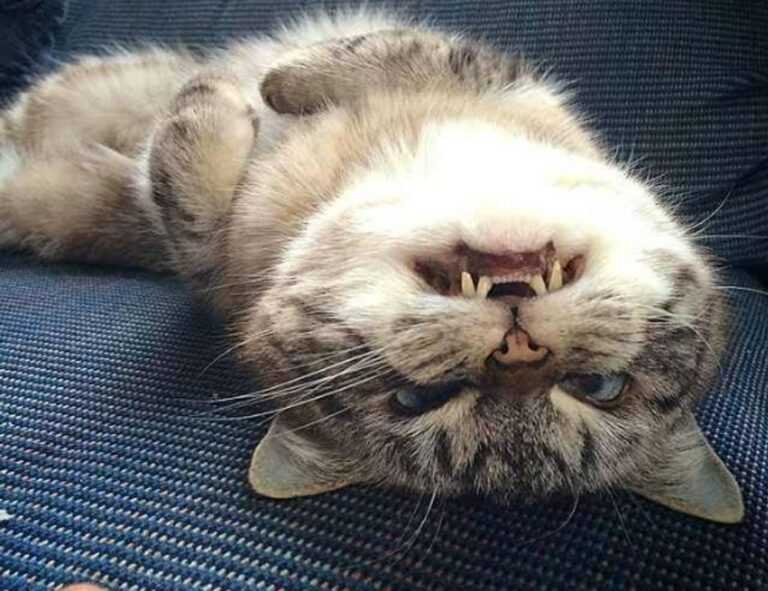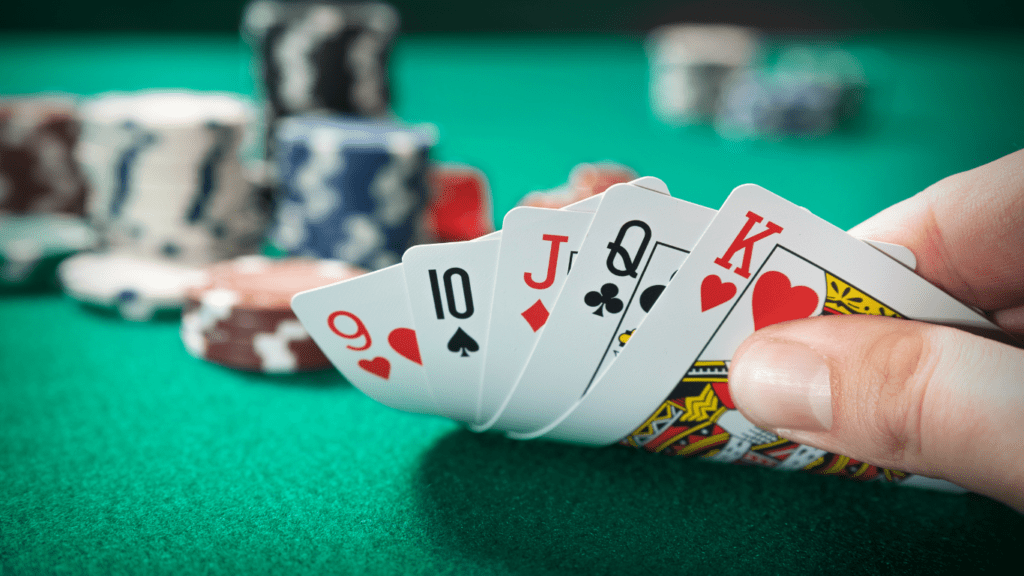Ever wonder what sets top players apart in multi-day tournaments? It’s not just their skill during matches—it’s how they prepare between flights. Day 2 isn’t just another round; it’s where strategy, mindset, and recovery can make or break a player’s run.
Importance Of Day 2 Preparation
- Effective day 2 preparation directly impacts performance in multi-day tournaments. Players who prioritize rest and recovery preserve their energy for high-pressure rounds. Without intentional downtime, physical and mental fatigue can compromise decision-making.
- Analyzing previous day’s performance helps refine strategies. Reviewing match footage or notes identifies patterns and areas for improvement. For instance, noticing opponent tendencies or personal missteps informs tactical adjustments.
- Nutrition and hydration routines maintain focus and stamina. Eating nutrient-dense meals and staying hydrated ensure consistent energy levels. Skipping proper meals or hydration routines may lead to reduced alertness.
- Mental preparedness increases confidence and reduces stress. Using relaxation techniques such as meditation or visualization reinforces focus. Entering day 2 with a clear mindset minimizes external distractions.
Physical Recovery Strategies
Top players prioritize physical recovery to sustain peak performance on day 2 of multi-day tournaments. Effective recovery methods restore energy, prevent injuries, and enhance overall readiness.
1. Rest And Sleep
I ensure adequate rest and quality sleep to recover from the physical and mental demands of competitions. Deep sleep supports muscle repair, while REM sleep aids cognitive functions, essential for decision-making during matches. I follow a consistent sleep schedule, even during tournaments, and minimize disruptions by keeping the sleep environment quiet, dark, and cool.
2. Nutrition And Hydration
Proper nutrition and hydration play a critical role in physical recovery. I consume balanced meals rich in proteins, carbohydrates, and healthy fats to refuel energy reserves. Hydration remains a focus throughout the day, as dehydration can impair stamina and concentration. When possible, I use electrolyte-replenishing beverages to maintain fluid balance after intense games.
3. Stretching And Light Exercise
Stretching and light exercises reduce muscle tension and improve circulation, speeding up recovery. I include dynamic stretches and low-impact activities such as walking or yoga to ease soreness without over-exerting. By targeting muscle groups used during play, I maintain flexibility and prevent stiffness, ensuring my body is ready for another day of competition.
Mental Preparation Techniques

Top players prioritize mental readiness between flights to maintain focus and confidence for high-pressure rounds. Strategies for mental preparation ensure a sharper mindset and better decision-making.
Reviewing Performances
I analyze match footage or review notes from the previous day, focusing on both successes and errors. Identifying patterns in opponents’ strategies or my gameplay allows me to adjust tactics for upcoming rounds. By isolating areas of improvement—like timing missteps or positioning—I refine my approach for day 2.
Visualization And Focus Exercises
I use visualization to mentally rehearse key scenarios, picturing optimal plays and potential challenges in detail. This practice enhances confidence and reduces pre-match stress. Focus exercises, such as breath control or mindfulness, help me stay composed and engaged, even during tense moments.
Developing A Game Plan
I develop a clear game plan for day 2 based on opponents’ tendencies and tournament progression. Factoring in potential matchups and situational strategies ensures I’m prepared for various scenarios. Prioritizing adaptability within my plan allows me to respond effectively to unexpected outcomes.
Staying Connected With The Team
Top players prioritize staying connected with their teammates between flights to strengthen collaboration and maintain alignment. Effective communication and understanding of team dynamics are crucial for success in multi-day tournaments.
Communication And Support
Constant communication helps foster unity and address any concerns that arise from day 1. I rely on group chats or video calls to share updates and coordinate adjustments to our strategy. These discussions often include feedback on individual performance, insights from matches, or opponent tendencies. Teammates offer moral support and encouragement, reinforcing confidence ahead of day 2. Consistent interaction ensures that everyone’s aligned and motivated.
Analyzing Team Dynamics
Collective reflection on team dynamics highlights strengths and areas needing improvement. I assess how effectively my team executed strategies by reviewing specific match scenarios or identifying missteps. This includes evaluating role assignments, synergy during critical plays, and adaptability to the opponent’s tactics. Collaborative analysis enables us to refine our approach and ensure seamless coordination in upcoming matches. Strengthening connections within the team creates a solid foundation for overcoming challenges on day 2.


